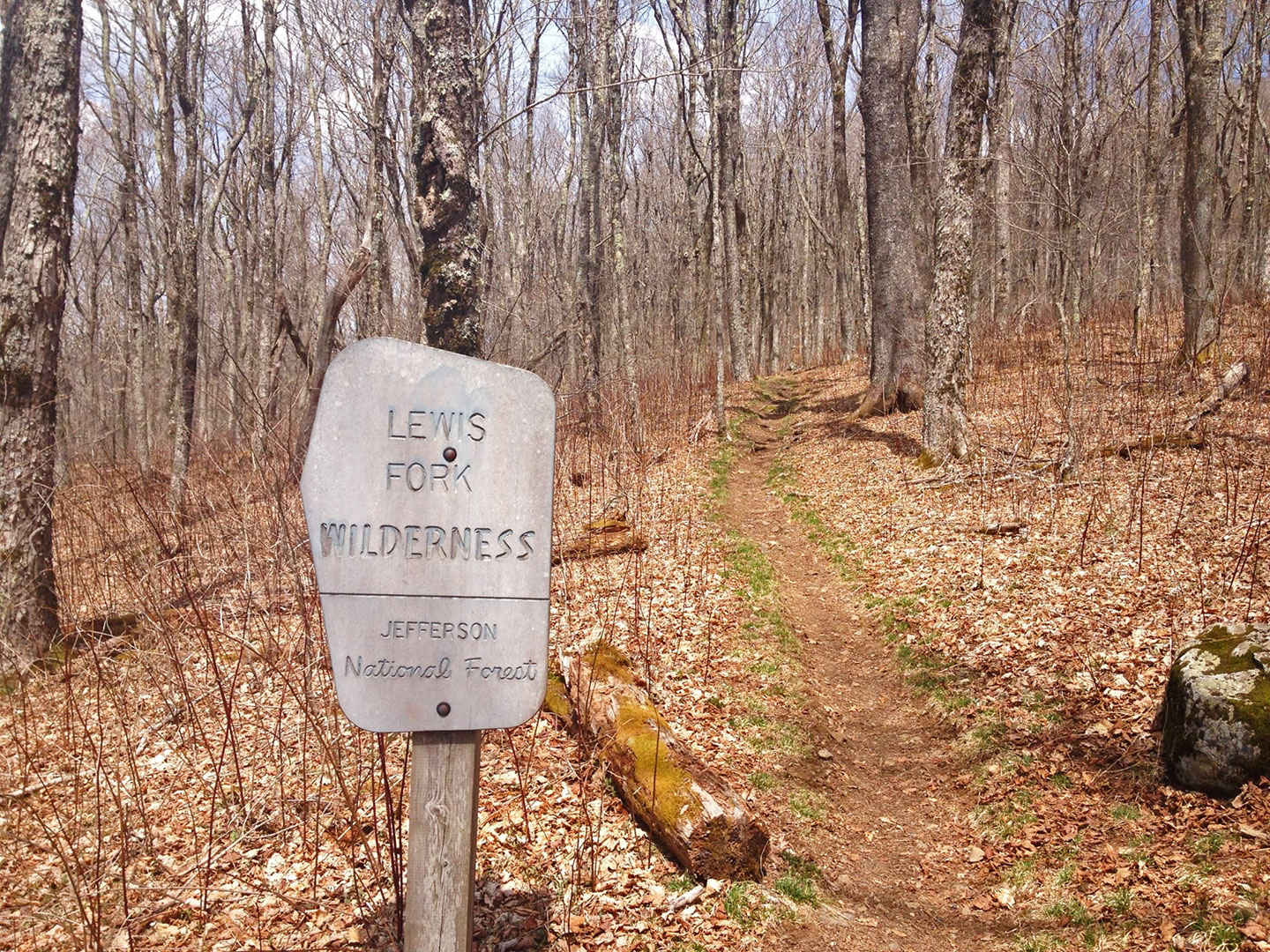U.S. Supreme Court to Hear Appalachian Trail Pipeline Fight
WASHINGTON (Reuters) — The U.S. Supreme Court on Friday agreed to hear an appeal by Dominion Energy Inc and President Donald Trump's administration of a lower court ruling that halted construction on a natural gas pipeline due to run underneath a section of the popular Appalachian Trail in rural Virginia.
The administration and companies involved in the project have asked the justices to overturn a ruling that found that the U.S. Forest Service lacked the authority to grant a right of way for the pipeline. Environmental groups had sued to stop the pipeline after the Forest Service gave the green light for the project through protected National Park Service land.
The December 2018 ruling by the Richmond, Virginia-based 4th U.S. Circuit Court of Appeals put a stop to construction of the 600-mile (965-km) Atlantic Coast Pipeline, intended to run from West Virginia to North Carolina.
At issue is the Forest Service's decision to allow the pipeline to cross underneath the 2,200-mile (3,500 km) long Appalachian Trail - a popular hiking route in the eastern United States stretching from Georgia to Maine - in the George Washington National Forest.
A ruling is due by the end of the court's new term, which starts on Monday and ends in June. The Supreme Court's eventual ruling may also affect the proposed 300-mile (480-km) Mountain Valley Pipeline, which is intended to run from West Virginia to southern Virginia and crosses the trail in the Jefferson National Forest.
After a lengthy application process involving multiple federal agencies, the Forest Service granted the consortium a right of way under the trail in January 2018, prompting environmental groups including the Sierra Club and the Cowpasture River Preservation Association to file a lawsuit.
The 4th Circuit ruled that the Forest Service did not have the power to grant a right of way under a federal law called the Mineral Leasing Act. The court cited a section of the law that says federal agencies can grant rights of way for pipelines on "federal lands" but specifically excludes land that is part of the federal National Park system like the Appalachian Trail.
The Trump administration disputed that interpretation, with Solicitor General Noel Francisco saying in court filings that the National Park Service has only limited authority to maintain the trail and that the Forest Service has the authority to approve rights of way across it.
Lawyers for the pipeline consortium noted that more than 50 pipelines already cross under the trail. The 4th Circuit's ruling has the effect of "rendering the footpath a 2,200-mile barrier separating resource-rich areas to its west from consumers to its east," the consortium said in court filings.
The environmental groups have said the project could go ahead under a different route that does not cross the trail on federal land. State and private landowners have the authority to grant rights of way under the trail, the groups added.
Related News
Related News

- Trump Aims to Revive 1,200-Mile Keystone XL Pipeline Despite Major Challenges
- ONEOK Agrees to Sell Interstate Gas Pipelines to DT Midstream for $1.2 Billion
- Energy Transfer Reaches FID on $2.7 Billion, 2.2 Bcf/d Permian Pipeline
- Boardwalk Approves 110-Mile, 1.16 Bcf/d Mississippi Kosci Junction Pipeline Project
- Energy Transfer Receives 16 Bcf/d Natural Gas Requests Amid Growing Data Center, Power Needs
- Tullow Oil on Track to Deliver $600 Million Free Cash Flow Over Next 2 Years
- GOP Lawmakers Slam New York for Blocking $500 Million Pipeline Project
- Energy Transfer Reaches FID on $2.7 Billion, 2.2 Bcf/d Permian Pipeline
- Polish Pipeline Operator Offers Firm Capacity to Transport Gas to Ukraine in 2025
- Macquarie, Dow Launch $2.4 Billion Gulf Coast Pipeline Infrastructure Partnership





Comments